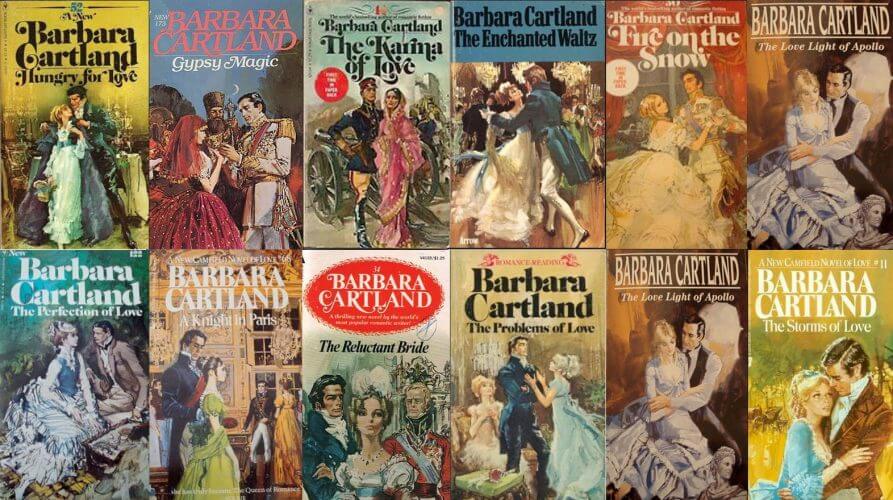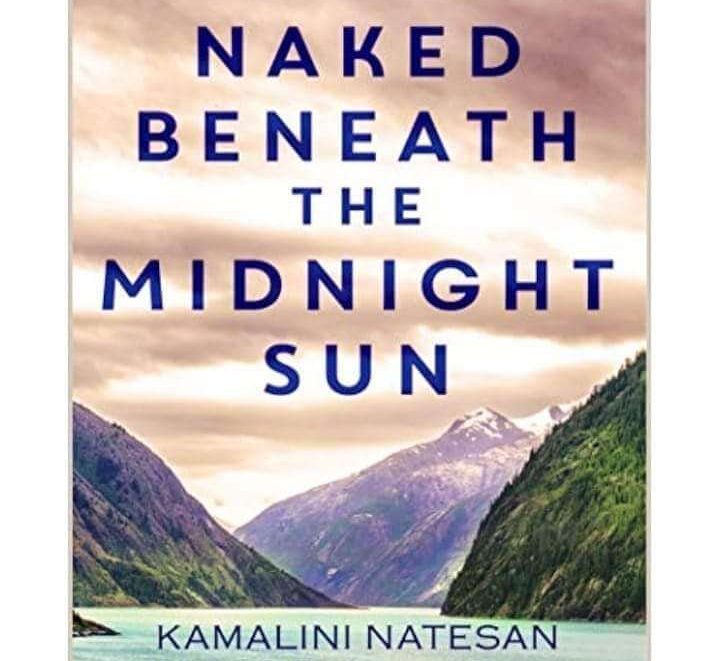The protagonist of Kunal Basu’s Kalkatta inhabits the world that we happily deny. Baishali asks, “With a dingy box for a home, an ailing old man for a father, a crippled polio patient for sister and an ignorant woman with ambition of climbing the social ladder for a mother, wasn’t Jami doomed…?” It’s a Must Read!
Book Details:
Publisher Pan Macmillan India
ISBN-10 9382616705
Imprint Picador India
Number of Pages 318 Pages
Price Rs 599/-
Publication Year 2015
Language English
Binding Hardcover
Kunal Basu for me has always meant delving into an unfamiliar world and becoming familiar with it through the pages. Be it Japanese Wife or Yellow Emperor’s Cure, a world far removed from the one I dwell in unfolded before me. I was surprisingly delighted by the way the author introduced, acquainted and familiarised an otherwise strange plot to his readers. With Kalkatta, the delight was further heightened, as this time the story was familiarly strange – near yet so far. It was all about the world I inhabit in, yet so alienated from.
Jamshed or Jami, the protagonist of Kalkatta, is someone you see but don’t notice. You know the likes of Jamshed exist but are not concerned about their being a part of your world. A Bihari Muslim and a refugee from Bangladesh, Jami fights a lost battle from the very beginning. Ani, his friend from the travel agency, tells him later that he has missed the boat long back. But did he get a proper boat to sail ashore in the first place? With a dingy box for a home, an ailing old man for a father, a crippled polio patient for sister and an ignorant woman with ambition of climbing the social ladder for a mother, wasn’t Jami doomed from the day he came to this world?

Being a proper Kalkattawalah, is a collective dream of all Jamsheds of Calcutta and pursuing it often land them into the dark world of crime, sex or narcotics. Jami ends up becoming a gigolo and almost realises his mother’s dream of seeing his son, as a part of the gentry in the City of Joy. Being a gigolo for the rest part of his work life and then retire with fat savings was never the possibility as that would be in denial with the very reality that inhabits Jami’s world. He must suffer and suffer more just for being born where he was born. Hence, we see him giving up his money, family, flourishing business for Pablo, the child of his colleague from the travel agency, Mandira. Young Pablo suffers from leukaemia and is lonely and without friends. Jami loneliness finds a refuge in him and the two build a strong bond of friendship. But fate strikes again and Jami’s name and vocation are published in a juicy feature in one of the leading dailies of Calcutta. Mandira and Pablo are severed from his life. One by one all his friends and relations grow distant and he is left alone like a fallen leaf carried around by a wayward wind.
In the end, Jami dies in a car accident, while roaming the street where Pablo lived, in a drunken delirium. The end was palpable in the story all through. Jami was trapped and there was no way he could have escaped this end. Jamsheds of the world live only to die – die a very tragic death, unnoticed, uncared for and untimely.




 By
By